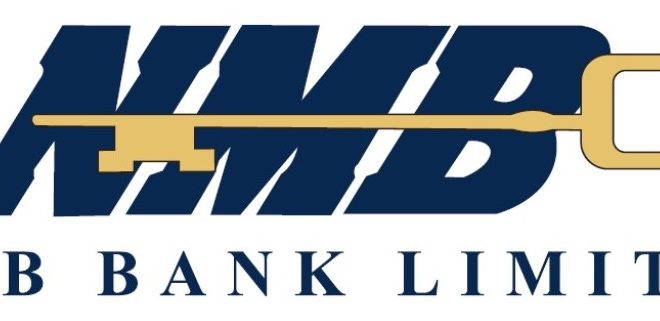Tobacco sector continues to depend on foreign funding
Despite ongoing efforts to wean tobacco farmers off contractor funding, the sector remains heavily reliant on external financing, a situation attributed to the limited capacity of local banks, Tobacco Industry and Marketing Board (Timb) chairman, Mr Patrick Devenish has said.
Addressing a Parliamentary Portfolio Committee on Lands, Agriculture, Fisheries, Water and Rural Development last week, Mr Devenish said while the aim is to localise tobacco financing for better returns, it will require time due to bank capacity constraints.
Presently, around 95 percent of farmers rely on contract farming, a system introduced in 2004 to address the funding gap left by banks’ reluctance to offer loans to land reform beneficiaries.
TIMB-Chairman-Patrick-Devenish
Under these contracts, farmers receive inputs from companies using Timb-prescribed packages, and are obligated to sell their tobacco to the contracting firm, with debt recovery via a Timb stop order system.
The Tobacco Value Chain Transformation Plan sought to increase local funding to 25 percent by 2025.
“The main reason… We want the tobacco crop to be funded by local banks,” Mr Devenish said. “At this time, the balance sheets are not big enough. But as the banks get bigger, I am sure more and more local companies will be buying and processing tobacco.”
This aligns with key takeaways from last year’s tobacco conference, hosted by Business Weekly, which explored local tobacco funding and bank participation in the production value chain.
Tobacco crop
Although desirable, the conference revealed local banks lack the capacity for such funding.
Cheaper offshore funding prevails due to multinationals’ control of global leaf market access. The market linkages enable them to secure low-cost global financing.
Raising funding locally for crop funding is highly improbable, as excessively high local interest rates create a barrier to accessing key global markets.
However, the conference noted their need for more innovative investment approaches from institutional investors to deploy funds under their control towards local financing of the sector.
The conference endorsed exploration of complementary financing models to expand options beyond offshore loans.
This could include participation of domestic institutions such as pension funds through investment instruments tailored for the tobacco sector.
Participants at the conference further discussed the utilisation of agro-bills and other financial instruments tailored for agricultural production, alongside the possibility of government guarantees to mitigate risk and incentivise local banks to engage in the sector.
The Government’s 2021 announcement of a US$60 million facility intended to support tobacco farmers has not yet come to fruition.
Additionally, the Timb-administered Tobacco Input Credit Scheme (TICS) was terminated due to widespread defaults, among beneficiaries.
Had it continued as a revolving facility, it would have substantially expanded by now.
Concerns persist regarding offshore funding, with critics arguing that despite tobacco’s status as the country’s second-largest foreign currency earner, Zimbabwe realises limited value, as a significant portion of earnings goes towards debt repayment to sponsoring countries.
Concerns also exist that the offshore funding model facilitates illicit financial flows through inflated input costs.
While there is notable indigenous participation, many operate as surrogate companies contracted by a few global entities.-ebsinessweekl










